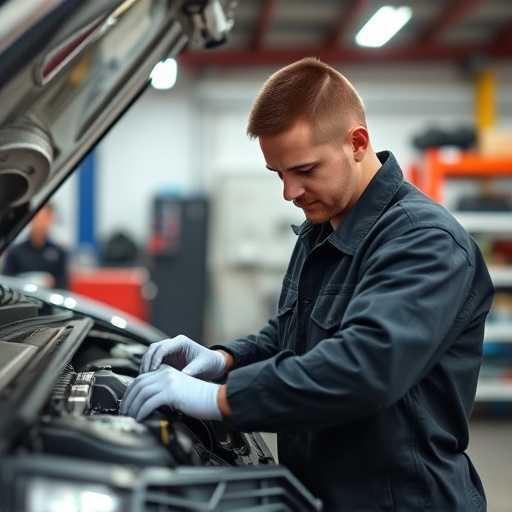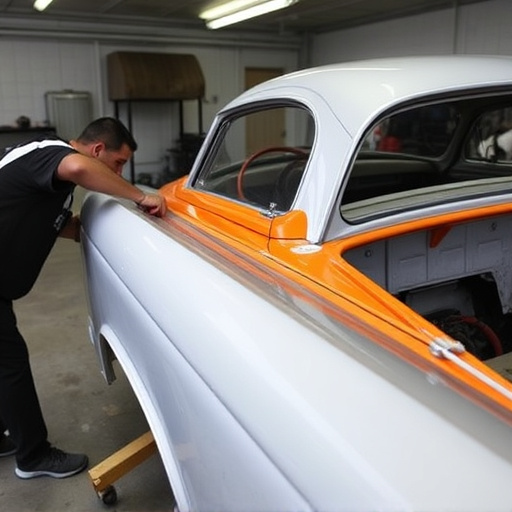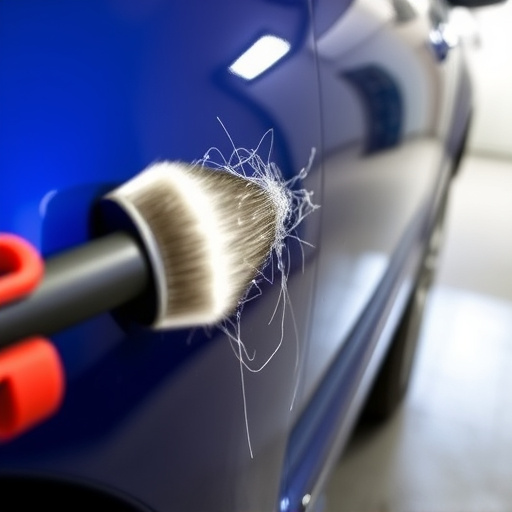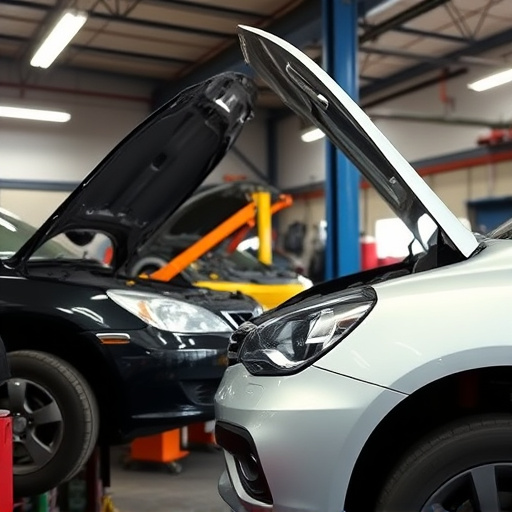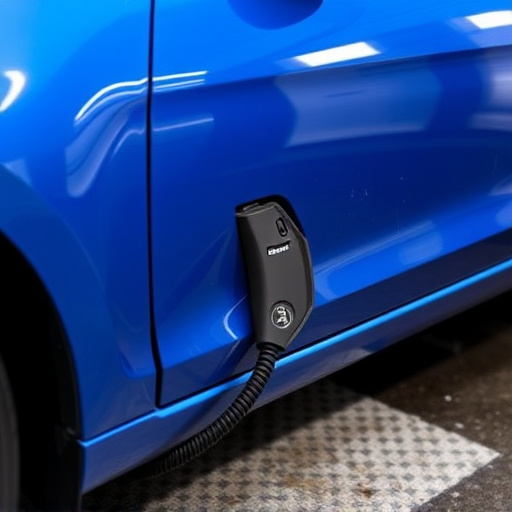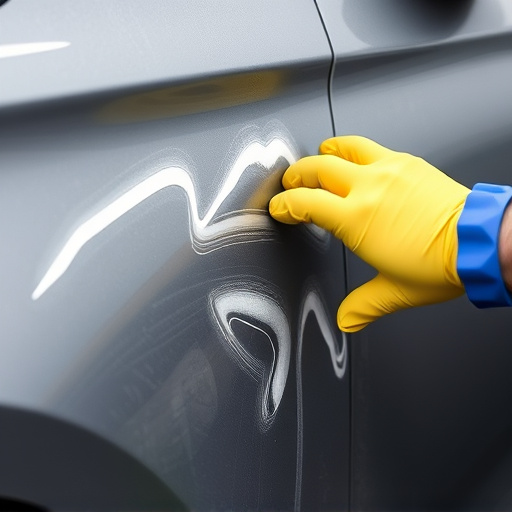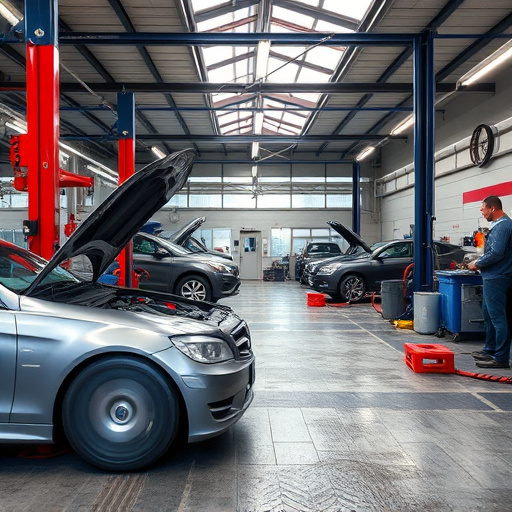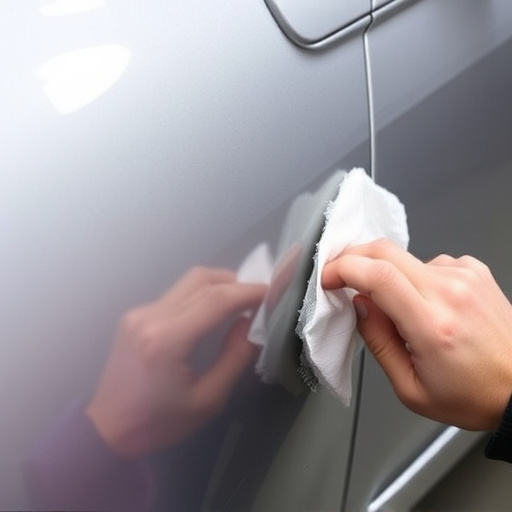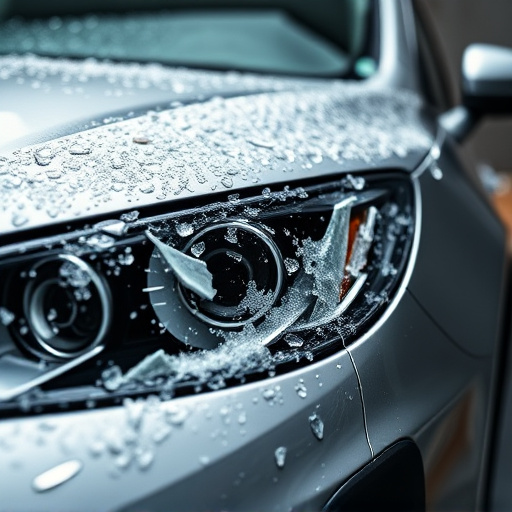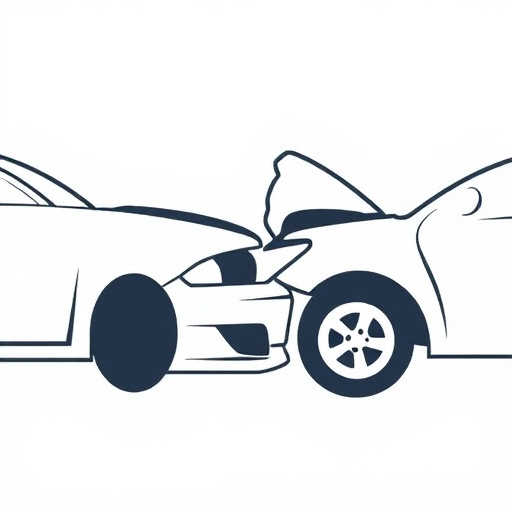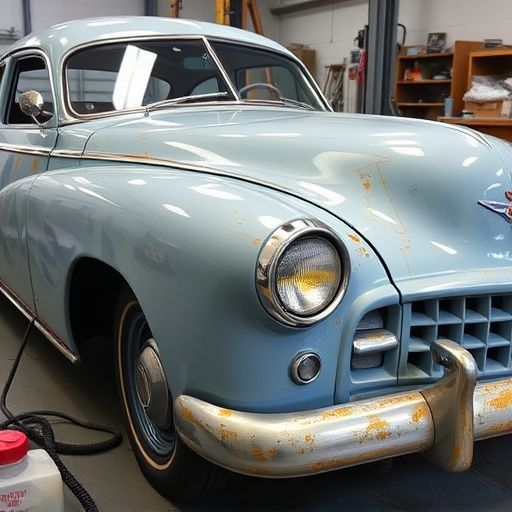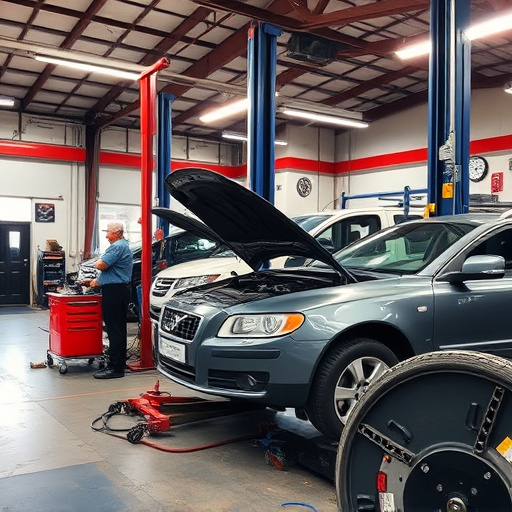Understanding state-specific accident insurance requirements is crucial for auto body shops, car dent repair services, and drivers. Each U.S. state has unique rules dictating accident coverage, affecting compensation during vehicle accidents. Knowing these regulations ensures compliance with local laws, eases financial burdens, and streamlines post-accident processes. By assessing specific needs—including vehicle age, condition, and repair history—drivers can choose comprehensive accident insurance policies that provide adequate protection at affordable premiums, offering peace of mind in case of an unexpected event.
Accident insurance is a crucial component of any comprehensive risk management strategy, but its specifics vary greatly from state to state. Understanding these state-specific rules is essential for individuals and businesses alike to ensure adequate protection. This article guides you through the key differences in accident insurance coverage across states, offering insights on how to navigate these variations. Learn how to choose the right policy that aligns with your unique needs and provides peace of mind. Discover the importance of accident insurance help in ensuring you’re adequately covered under your state’s regulations.
- Understanding State-Specific Accident Insurance Requirements
- Key Differences in Coverage Across States
- How to Choose the Right Accident Insurance Policy for Your Needs
Understanding State-Specific Accident Insurance Requirements
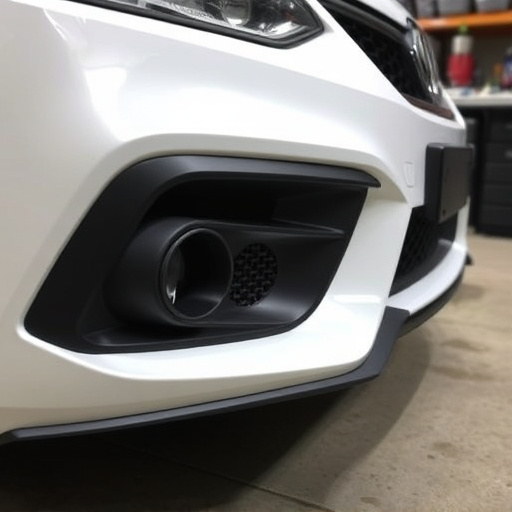
Understanding state-specific accident insurance requirements is crucial for anyone navigating the complexities of auto body shop and car dent repair processes. Each U.S. state has its own set of rules dictating what constitutes adequate accident coverage, significantly impacting how individuals are compensated during vehicle accidents. This means that what you need to have in terms of insurance can vary drastically from one state to another. For instance, some states follow a no-fault system, where drivers are covered regardless of fault, while others mandate personal injury protection (PIP) or collision coverage.
Knowing these requirements is essential for accident insurance help. It ensures that you’re not only compliant with local laws but also adequately prepared for unexpected events. Whether it’s for auto body shop repairs or car dent repair, understanding your state’s regulations can significantly ease the financial burden and streamline the post-accident process. This proactive approach allows drivers to focus on recovery while ensuring they receive the necessary support and compensation as required by their state’s specific accident insurance guidelines.
Key Differences in Coverage Across States
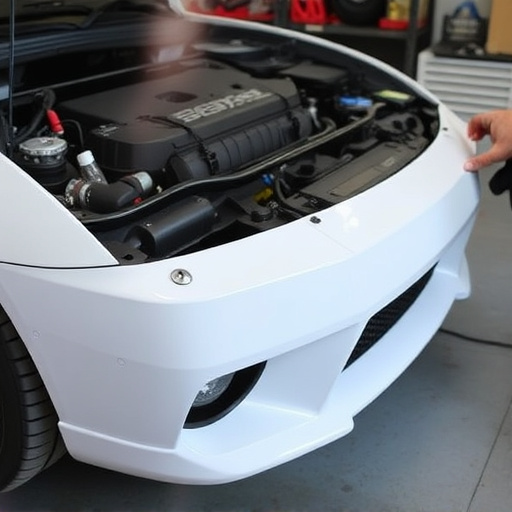
The rules governing accident insurance vary significantly from state to state, leading to notable differences in coverage. These variations can impact both policyholders and service providers like car body shops and automotive collision repair centers. For instance, some states may mandate higher liability limits for vehicles, requiring drivers to purchase more extensive insurance packages. This means that a comprehensive network of auto body shops in these areas must be prepared to handle the ensuing complex repairs, including bumper repair and other damage.
Additionally, state laws often dictate the process of filing claims and resolving disputes, which can influence the overall customer experience when seeking accident insurance help. These differences necessitate that both insurers and repair facilities stay abreast of local regulations to ensure compliance and provide adequate services. For drivers, understanding these variations is crucial for making informed decisions about their coverage and choosing suitable providers like automotive collision repair specialists within their states.
How to Choose the Right Accident Insurance Policy for Your Needs
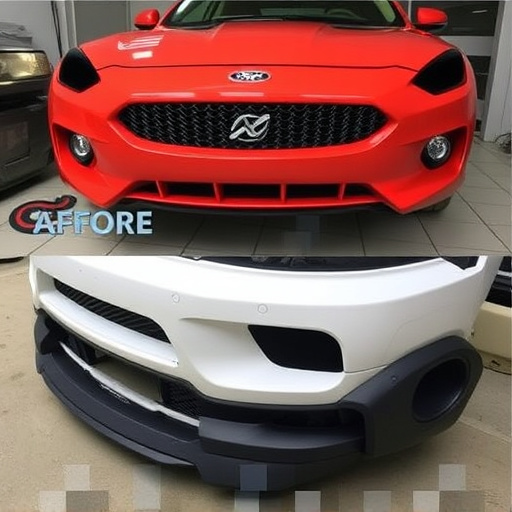
Choosing the right accident insurance policy can seem daunting given the varying state rules and regulations. The first step is to understand your specific needs. Consider factors such as your vehicle’s age, condition, and repair history, as well as your personal driving habits and frequency of accidents. This will help you determine the extent of coverage required to adequately protect yourself financially in case of an accident.
Once you have a clear idea of your requirements, start comparing policies offered by different insurance providers. Look for comprehensive coverage that includes not just liability but also collision repair, tire services, and vehicle body shop repairs. Remember, the best policy is one that strikes a balance between adequate protection and affordable premiums. Accident insurance help should be tailored to your unique situation, ensuring you’re not paying for more than necessary while still being adequately covered in case of an unforeseen event.
Accident insurance requirements vary significantly from state to state, making it crucial for individuals to understand their local regulations. By grasping these differences, you can make informed decisions when selecting an accident insurance policy tailored to your specific needs. This guide has illuminated key variations in coverage, offering valuable insights to help you navigate the choices available and choose the best accident insurance option for your situation.

